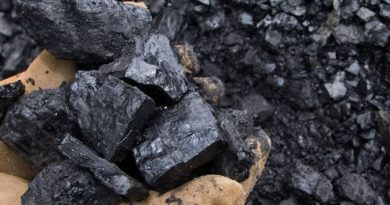UNEP Raises Sustainability Question Over Unregulated Sand Mining
 Time is slipping like sand
Time is slipping like sand
The United Nations Environment Programme in its report ‘Sand and Sustainability‘ released yesterday warned about the unsustainable extraction of sand. Sand mining is eroding the world’s river deltas and coastlines, damaging the environment and hurting livelihoods from Cambodia to Colombia.
Crushed rock, sand and gravel account for the largest volume of solid material resources extracted from systems globally. An estimated 40-50 billion metric tonnes is extracted from quarries, pits, rivers, coastlines and the marine environment each year. The construction industry consumes over half of this volume annually and consumption of sand is expected to grow exponentially.
“We are spending our sand ‘budget’ faster than we can produce it responsibly,” Joyce Msuya, UNEP’s acting executive director said.
Growing populations, increasing urbanization, land reclamation projects, and rapid infrastructure development in countries such as China and India have increased demand for sand three-fold over the last two decades, the UNEP said.
Two-thirds of global cement production currently occurs in China (58.5%) and India (6.6%). Contrary to common belief, desert sand, though plentiful, is unusable for most purposes because its wind-smoothed grains render it non-adherent for the purposes of industrial concrete. This is why, China and India head the list of critical hotspots for sand extraction impacts in rivers, lakes and on coastlines, most likely because these countries also lead globally on infrastructure and construction.
The report adds, “Sand is ubiquitous in construction and industrial production because it is cheap, versatile and easy to acquire. Yet, all indications are that we are approaching a future where access to this resource is a critical barrier to sustainability, and the full costs of uncontrolled sand extraction come due.”
Current legal frameworks are not sufficient, and “sand mafias” comprising builders, businessmen and dealers in countries such as Cambodia, Vietnam, India, Kenya and Sierra Leone regularly flout existing laws, said the UNEP.
The science to support responsible consumption and extraction is lagging, it said, adding that new technologies and materials that can substitute or limit the use of traditional concrete are growing in use, but still limited.




